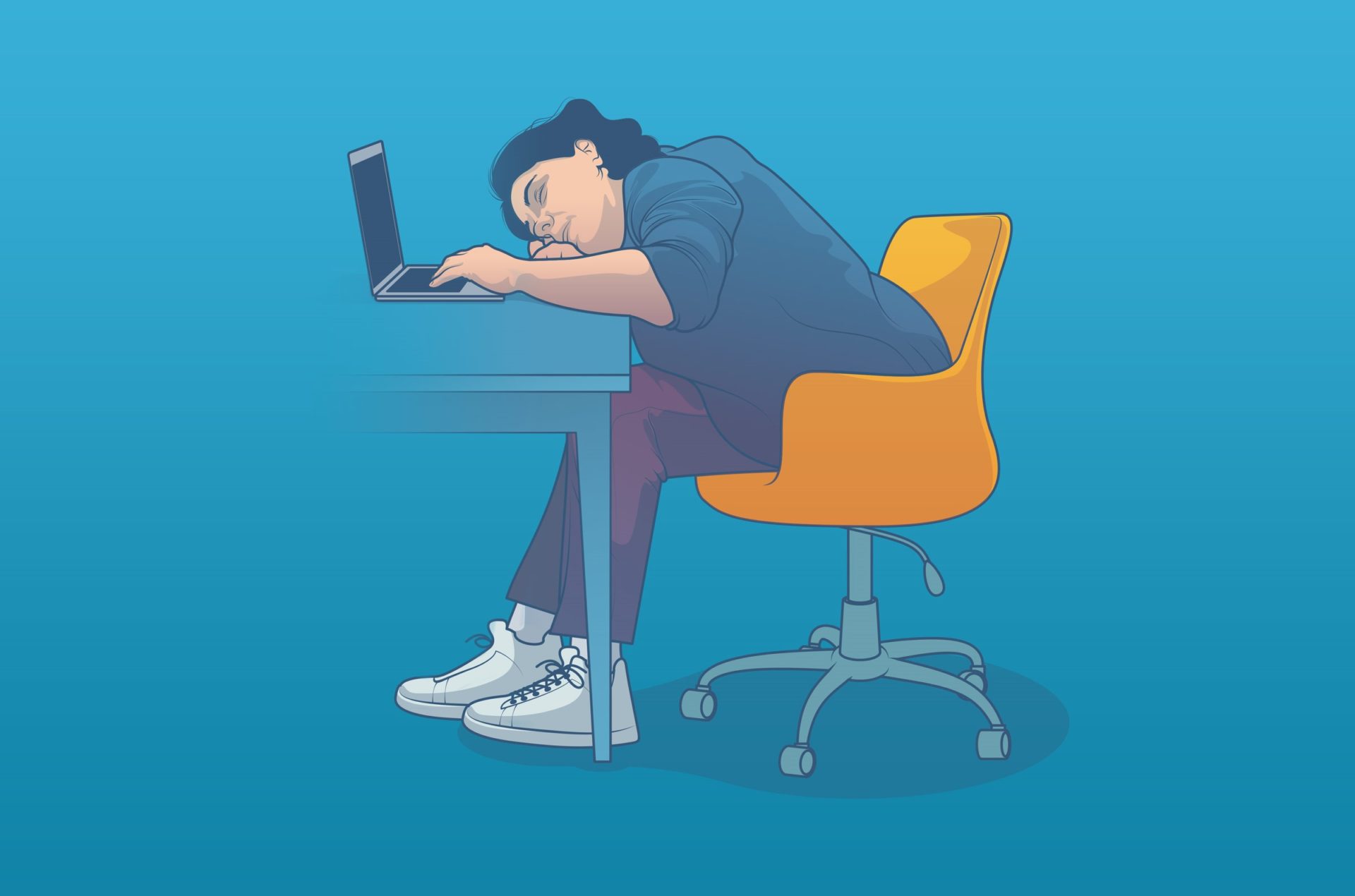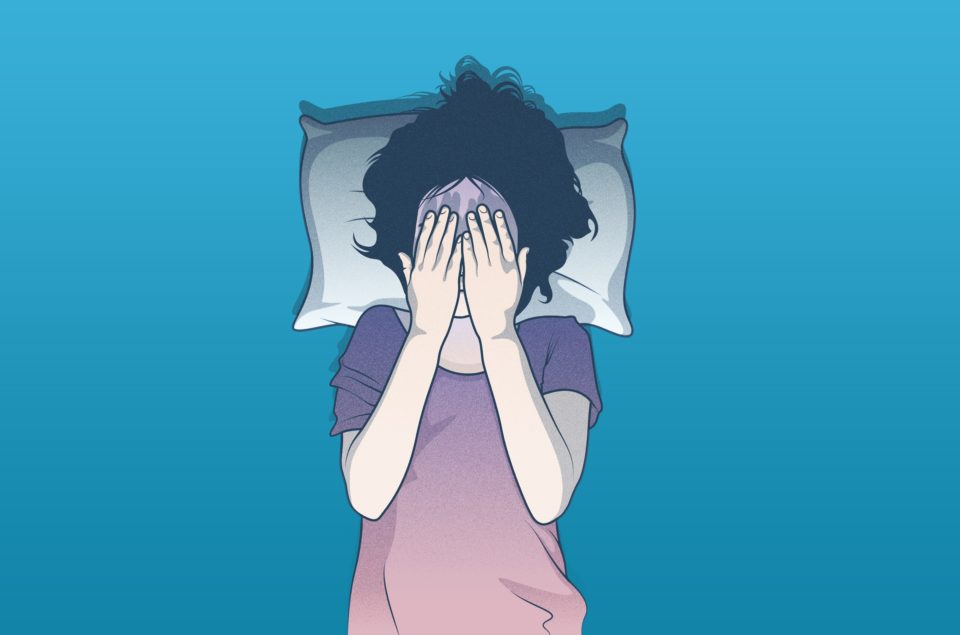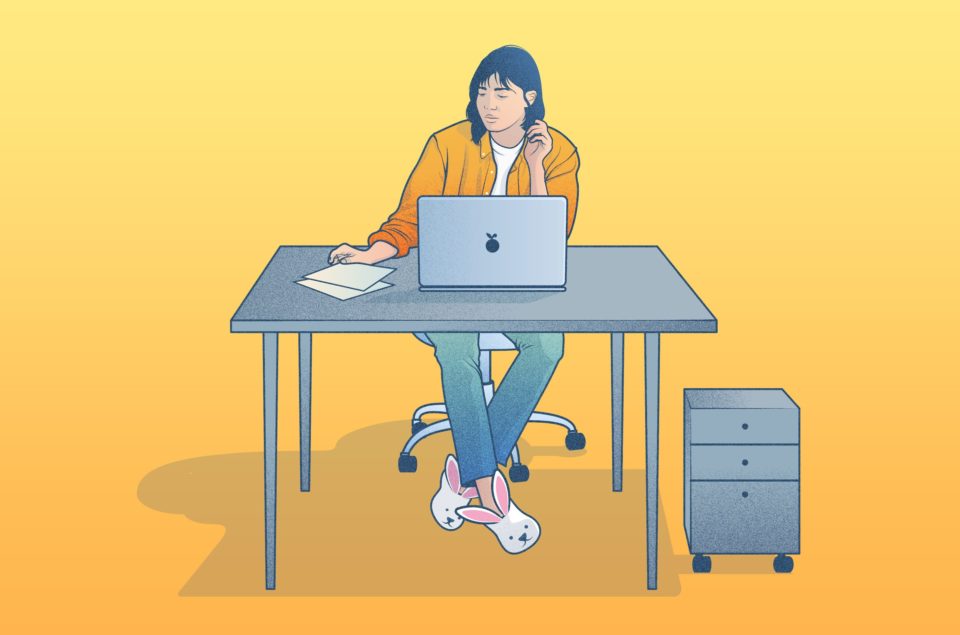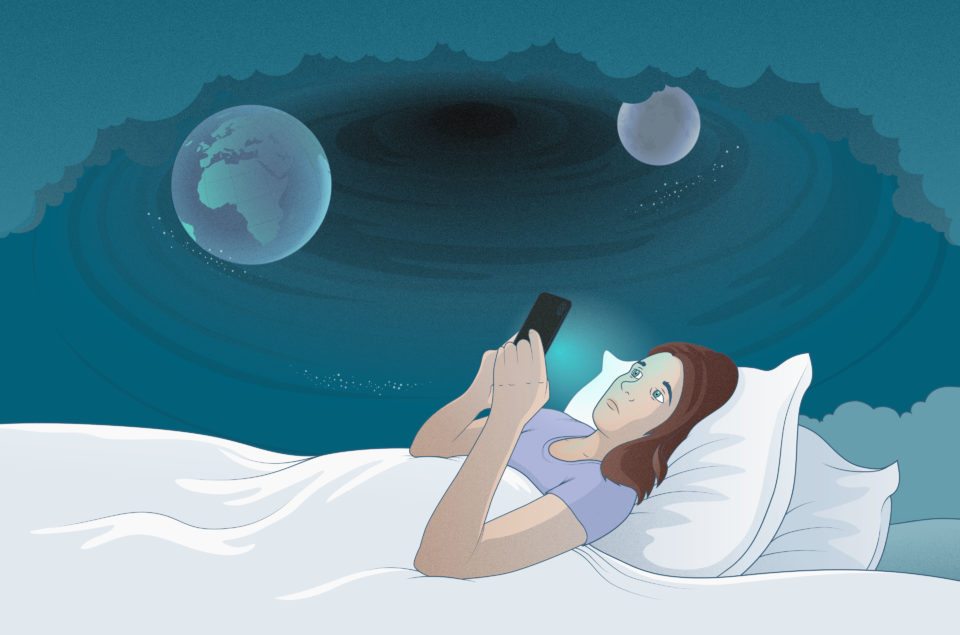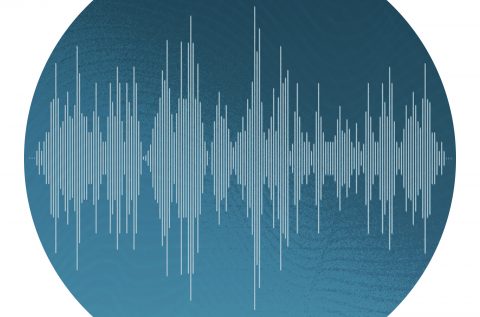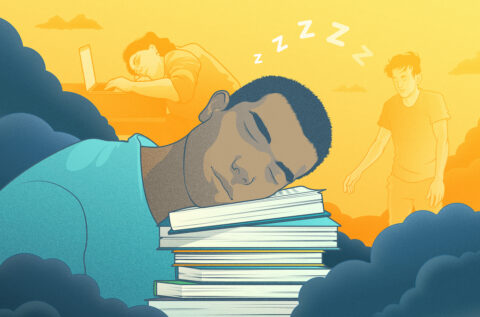Most people are familiar with insomnia, which keeps people from falling asleep, leading to frustrating nights spent lying awake and staring at the ceiling. But what about insomnia’s equally tiresome cousin, hypersomnia? This underdiagnosed sleep disorder keeps approximately 4-6% of the global population excessively tired during the day, adversely impacting their lives and health. Hypersomnia, many physicians agree, is not mentioned often enough. It’s time to shine a spotlight on this sleep disorder and explore the symptoms, causes and treatments.
What is hypersomnia?
Hypersomnia is defined as excessive daytime sleepiness, also referred to as EDS. Though its symptoms can be common, a formal diagnosis of hypersomnia is relatively infrequent. Being occasionally tired does not necessarily mean you have hypersomnia. To merit a hypersomnia diagnosis, you need to be feeling overwhelming tiredness during the day on a recurring basis- several times a week for at least three months.
Signs and symptoms of hypersomnia
- Excessive tiredness: A key symptom of hypersomnia is excessive daytime sleepiness, a feeling of tiredness that can take over your body and mind. It’s common for hypersomnia sufferers to take naps throughout the day but not feel refreshed.
- Longer sleep duration: Because they are constantly tired, people with hypersomnia can sleep longer, sometimes for 13-14 hours, and yet still not feel rested in the morning.
- Lack of alertness and concentration: Hypersomnia reduces cognitive function, making you feel less alert, less focused, and with hindered decision-making capabilities.
- Difficulty controlling emotions: When you’re excessively tired, you will have less function in the prefrontal cortex, which in turn reduces your control over the emotional part of the brain (the amygdala). This makes you more emotional and reactive, and more likely to feel irritated and anxious.
- Depression: Hypersomnia can also be linked to mental health issues, as both a symptom and a cause. When depression is a sign of hypersomnia, it is because excessive tiredness is impacting the amygdala, which can lead to feelings of depression. You are likely to have a harder time coping with everyday life; you may lose motivation and begin to isolate socially.
What causes hypersomnia?
Potential causes of hypersomnia include:
- Sleep disorders: Hypersomnia is most often caused by another sleep disorder. Obstructive sleep apnea (OSA) is the most common cause of hypersomnia. Hypersomnia can also be caused by sleepwalking.
- Dysfunction in the central nervous system: A less frequent cause, a nervous system dysfunction due to a traumatic injury or tumors may lead to hypersomnia.
- Alcohol, substance use, medications: Alcohol and substance abuse may cause hypersomnia, triggering sleepiness during the day. Similarly, prescription medications with sedating side effects can cause hypersomnia. Withdrawal from stimulants can also result in hypersomnia.
- Insufficient sleep syndrome: When a person consistently sleeps less than the recommended number of hours, they can experience insufficient sleep syndrome, which in turn can cause hypersomnia.
- Medical conditions: Neurological diseases such as Parkinson’s disease, epilepsy, and multiple sclerosis may cause hypersomnia.
- Psychiatric disorders: Mental health conditions, including depression, bipolar disorder, and seasonal affective disorder may cause hypersomnia. Depression can also be a symptom of hypersomnia, depending on the patient and the underlying cause of their hypersomnia.
Sleep disorders, including hypersomnia, can be quite difficult to diagnose because they are often linked and dependent on one another. Diagnosis may be layered as medical professionals identify primary and secondary disorders and causes, all interconnected.
Diagnosing and treating hypersomnia
If you feel you can relate to the symptoms listed above and suspect that you may suffer from a sleep disorder, you should consult your doctor. A physician can review symptoms along with a medical history, and run appropriate tests to reach a diagnosis and determine an effective treatment plan.
In order to treat hypersomnia and reduce hypersomnia symptoms, the underlying cause must be treated. This may be a medical condition, alcohol abuse, or insufficient sleep. For example, if tests reveal that Obstructive sleep apnea (OSA) is the underlying cause of hypersomnia, it won’t be resolved until the sleep apnea is treated- this usually includes a CPAP (continuous positive airway pressure) machine. Excessive weight can often be a factor with OSA patients and so it is also commonly treated by a weight loss regime.
While treating underlying causes, there are steps that can be taken to lessen the impact of hypersomnia. Though it won’t cure the disorder on its own, practicing good sleep hygiene can mildly reduce the symptoms. Healthy sleep habits can for example include a tranquil sleeping space void of distractions, maintaining a regular sleep schedule, exercising routinely, and avoiding large meals close to bedtime.
Hypersomnia patients should expect the condition to be diagnosed as effectively and treated as seriously as insomnia and other sleep-related disorders. Understanding and recognizing what distinguishes hypersomnia is the first step in seeking help for the condition.
